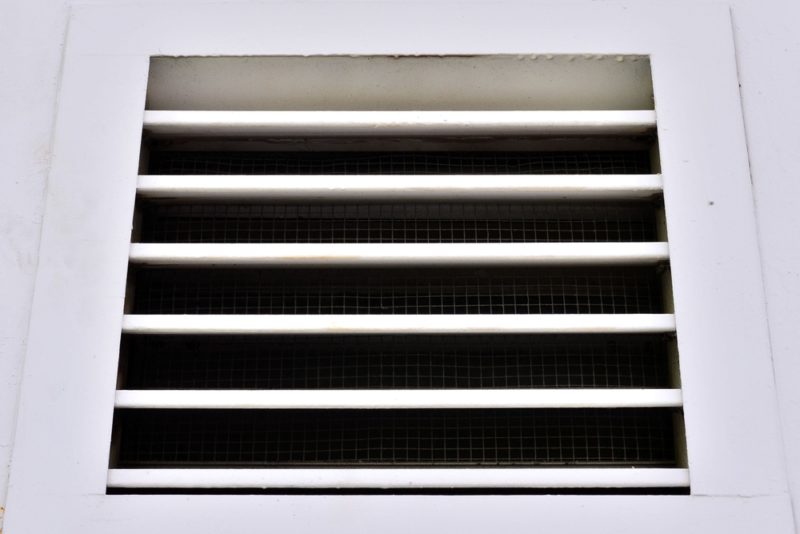
by GroupM7 | Dec 27, 2017 | Blog
What Does REME technology mean for Longview TX? Feb 3, 2012 In the humid climate of Hallsville, Texas, there’s a significant amount of irritants in the air you breathe any time of year. While Hallsville homeowners might enjoy their pleasant weather, they’re also...

by GroupM7 | Dec 20, 2017 | Blog
What Does REME technology mean for Longview TX? Feb 3, 2012 The Longview, Texas, climate brings a diverse range of weather conditions that will have you cooling your home in the summer, heating it in winter and fretting over your energy bills year-round. Homeowners...




